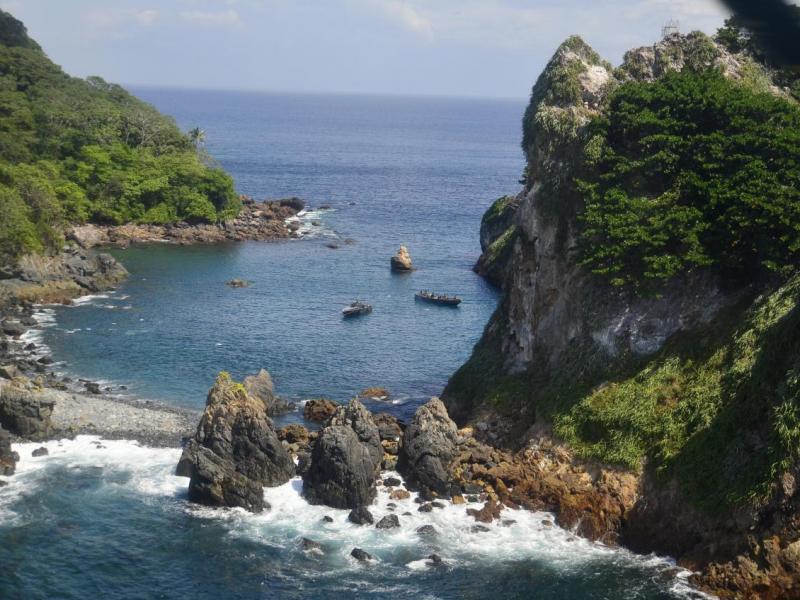Punta Chame, a breeding site for sharks

A recent study shows female sharks of the hammerhead species (Sphyrna lewini) are being captured by fishermen during breeding, researches are now proposing measures to help protect the species.
Female sharks of the hammerhead species are a frequent visitor to the shallow waters of the Bay of Punta Chame, in the Panamanian Pacific. The find their way here to give birth. But often the larger females as well as their young are caught by fishermen, researchers explained in a study carried out since 2017.
Panamanian scientists have revealed what they are believe is a route followed by sharks and rays. With this information the goal is to create measures to protect sharks during the breeding stages, and preserve the local fishermen’s economy. Without sharks the fishing industry would suffer greatly.
Among the proposals that have been recommended to reduce shark capture are:
- Avoiding the routes used by pregnant females enter, by placing buoys on the routes and areas identified to be containing more neonates or juveniles, regardless of shark species.
- During breeding season reduce the use of net (mesh) and longline.
According to the study 95% of the country’s fishing activity is carried out in the Pacific sector. Not taking action to reduce the number of sharks being captured in the Chame Bay would have serious implications for sustainability of the fishing industry.
The director of the Ramsar Regional Center, Osvaldo Jordan, explain the study is important because it highlights aspects that can harm these predators, who are at the top of the trophic pyramid at sea.
"If sharks disappear it can harm the fishing industry; and people often lose sight of it, until now we realized that there is not much current information on their biology, amount of fishing, routes and breeding, and this information helps us," he said.
Jordan explained that fishermen unintentionally capture sharks, which is why they believe that an incentive should be implemented so that they are properly compensated for desirable species and not for these large sharks.
Trending Tags
